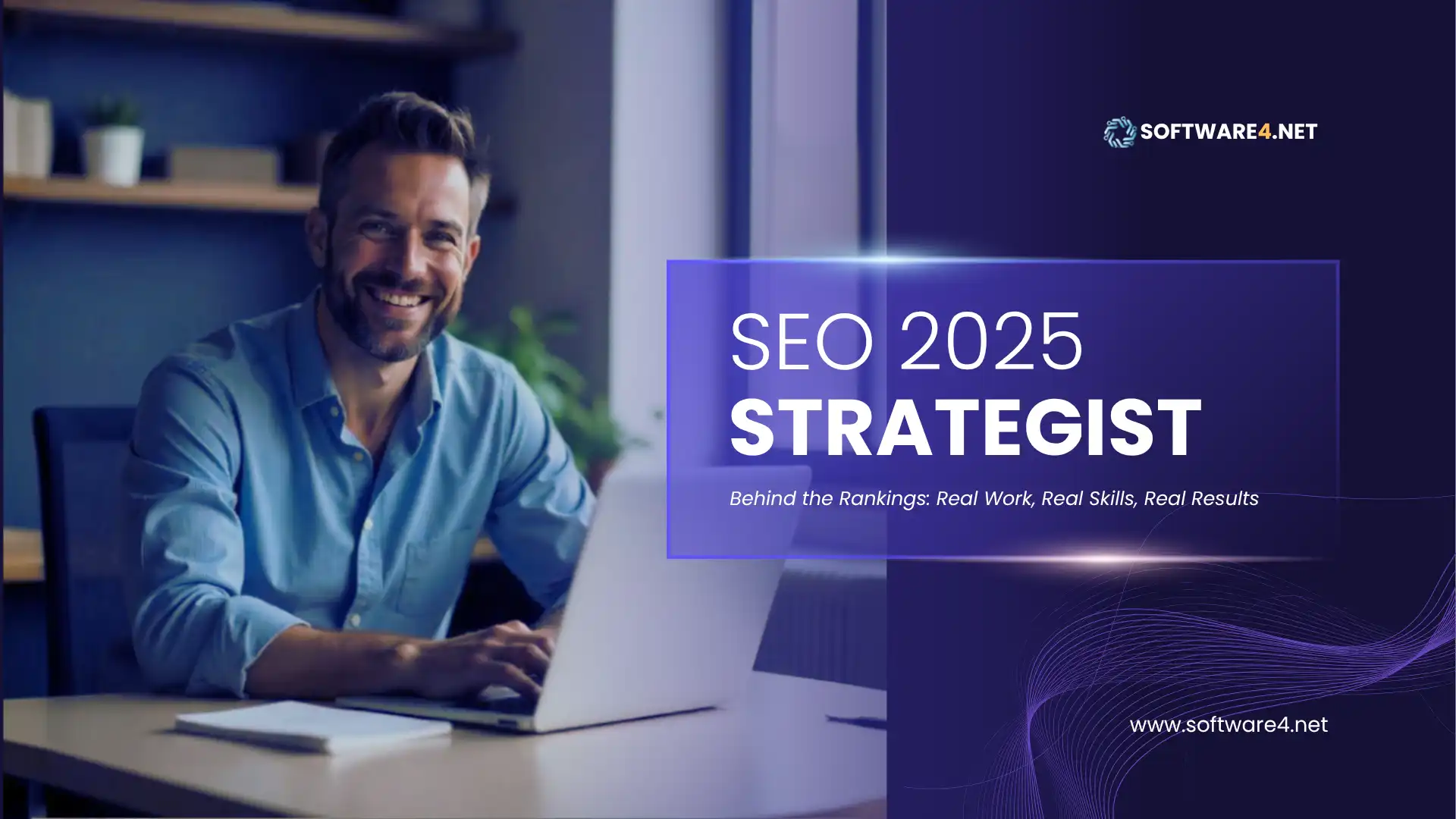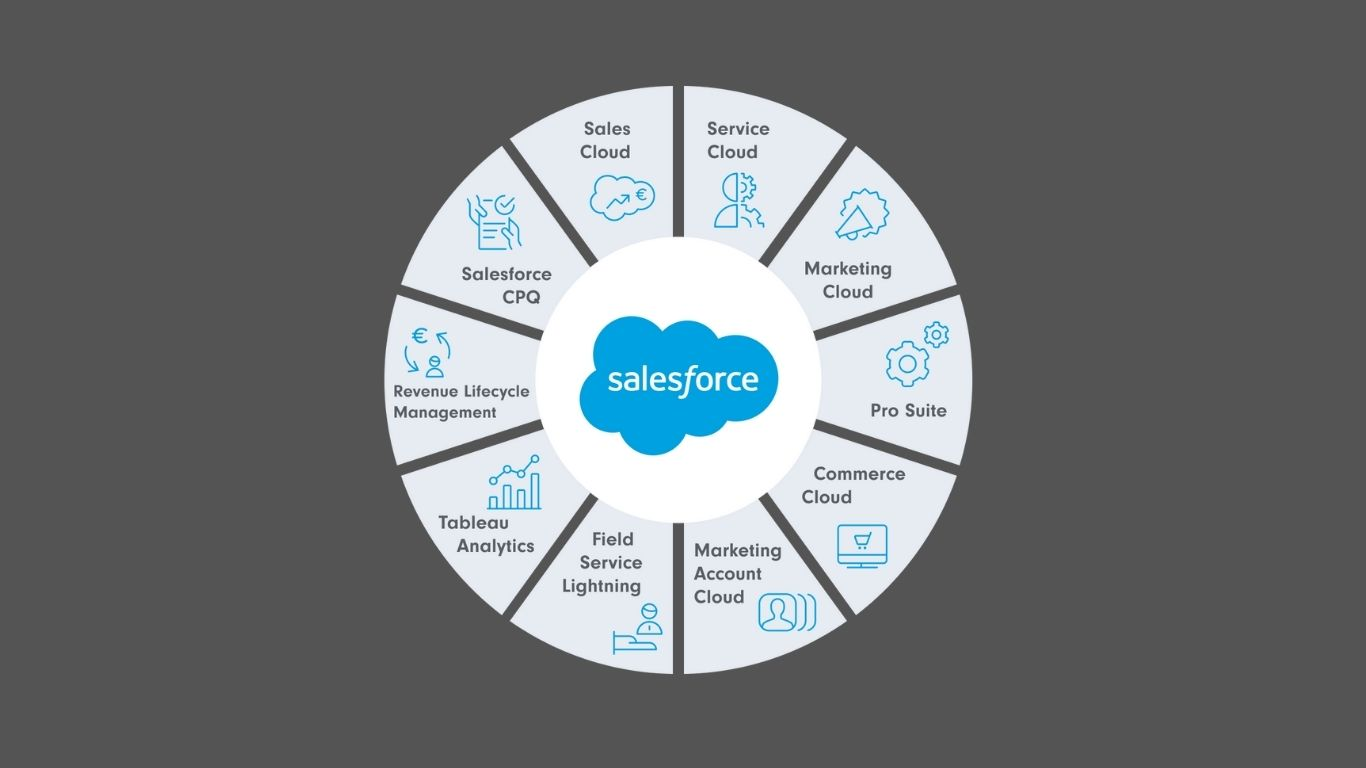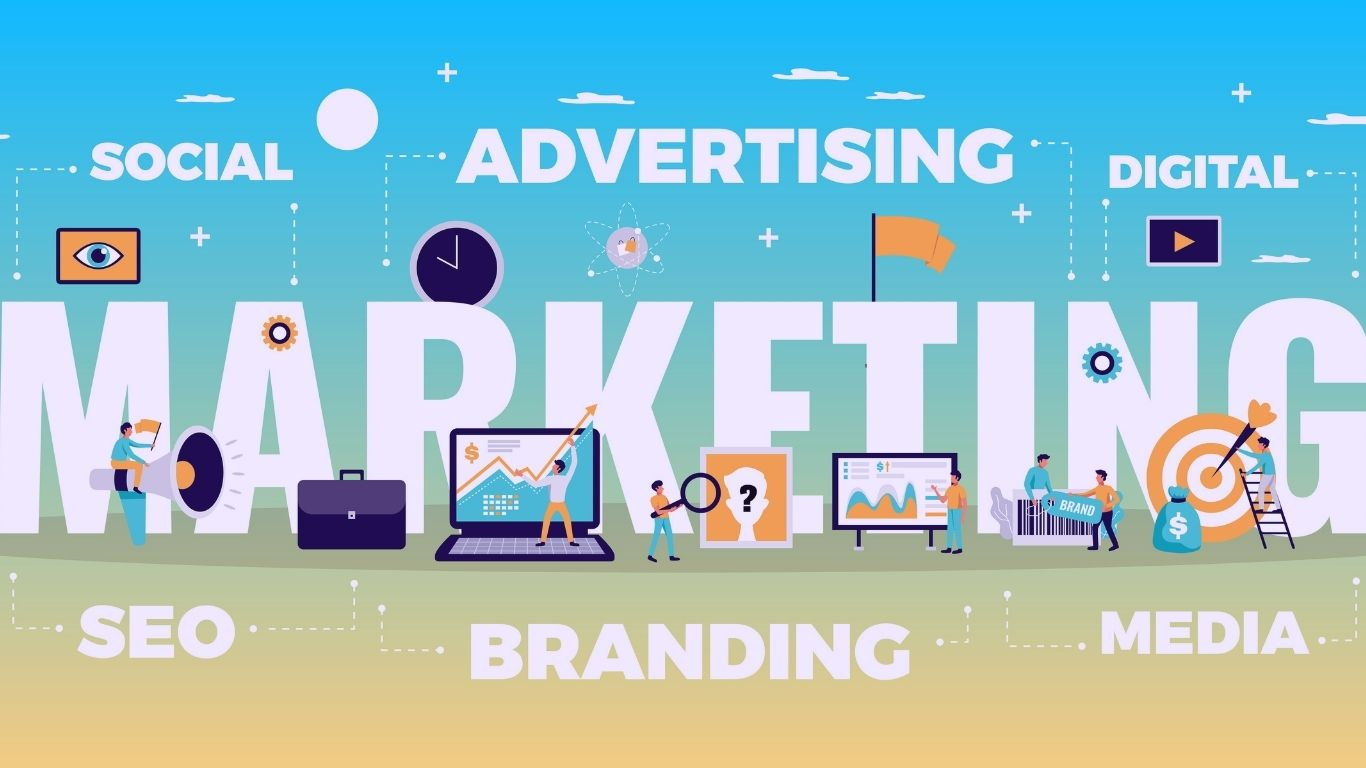
How an SEO Strategist Works in 2025
How an SEO Strategist Works in 2025
An SEO strategist is a digital specialist who develops and implements plans to raise a website's search engine ranking, generating natural traffic and coordinating SEO with corporate objectives.
Having worked with startups, large corporations, and content teams for more than ten years, I've discovered that while tools, trends, and tactics change, strategy is still the key to long-term search success.
As an SEO specialist, I've discovered that the foundation is always where real strategy success begins. Applying core SEO principles consistently, in my experience, yields results that are far above expectations and frequently have a greater impact than following every new trend.
What Is an SEO Strategist?
The person who creates and oversees a website's long-term organic growth strategy is known as an SEO strategist.
My own experience has shown me that this position entails much more than simply adding keywords; it also entails assessing user behaviour, comprehending search engine algorithms, coordinating SEO with business objectives, resolving technical problems, organizing content strategy, and continuously adjusting to Google and AI model updates.
In my role as an SEO content strategist, I serve as a liaison between business, technology, and content to make sure that everything is working together to increase traffic, visibility, and conversions.
To put it briefly, we optimize results rather than just pages.
Typical duties include researching keywords and competitors.
- Conducting site evaluations and resolving technical SEO problems
- Content mapping to various funnel stages
- Creating backlink tactics and internal linking structures
- Establishing KPIs and clearly reporting performance
User-First SEO: Role of SEO Strategists? Based on the Real Client’s Website Experience
1. Why keep everything connected on your website?
Everything must remain connected when creating an SEO strategy: search intent, developers, UX, and UI all relate to the user.
The golden rule is straightforward: produce content for people, not for search engines. Users will stick around if your content genuinely meets their needs and provides the solutions they seek. And Google notices when users stick around. Always keep SEO basics in mind while developing your strategy with the user in mind.
2. How Technical Optimization Impacts Rankings?
The unsung hero of SEO success is frequently technical optimization. Core Web Vitals, mobile usability, and site speed are now ranking signals rather than optional. A client whose website had subpar Core Web Vitals, particularly LCP (Largest Contentful Paint), is one instance from my experience that still sticks out.
I reduced script size, compressed assets, and lazy-loaded the first image. However, the LCP score remained unchanged. Next, I looked at the server's response time, or TTFB (Time to First Byte). It was elevated.
I therefore relocated the server to a location nearer to the client's ranking regions and target audience. The outcome? Within weeks, the site began to move back up the SERPs after the Core Web Vitals were passed and the page load time drastically decreased.
Lesson: Occasionally, the server's speed is as important as the content on the page. Never undervalue the infrastructure's contribution to SEO.
3. Why Think Long-Term in SEO as an SEO content strategist?
Brand building is the main goal of long-term SEO thinking, much like how startups like Microsoft and Tesla expanded by looking far beyond the next quarter.
They invested in a vision. Similarly, when it comes to SEO, a website should not be viewed as a collection of pages, but rather as an Entity— a breathing entity with a consistent brand presence across platforms.
Your content should directly address the needs of the user, regardless of whether you're providing a service, product, SaaS, or just plain information.
Google pays attention when you establish credibility, provide value, and remain visible wherever your audience congregates. At that point, SEO transcends rankings and turns into reputation.
Explore our official social media profiles to get a better idea of how we maintain a consistent and trustworthy online entity:
- Twitter (X)
Key Skills Every SEO Content Strategist Needs 
Analytical Mindset: I am a combination marketer and data analyst working as an SEO strategist. I decipher intricate data and convert it into workable plans thatpromote tangible, quantifiable growth. Knowing what users want and how they search is half the battle. What is the other half? How well you answer that question. It's that easy. To look smart, many people overcomplicate SEO, but clarity and relevance are what make a difference.
Technical details: I can read crawl logs, identify load time problems, and keep up with Google's changing algorithms, but I don't write code.I offer recommendations to developers that are supported by data. SEO mastery comes from doing the right things over and over again until you succeed, not from trying to do everything.
Communication: I translate intricate SEO into a language that writers, designers, and clients can comprehend. I'll give you a brief example: If you had to choose between reading a blog post with 2,000 words in Word format and viewing the same content in a well-designed carousel or infographic, which would be your choice? Which do you like better? The solution is obvious.
In addition to being easier on the eyes and brain, visually appealing and easily assimilated content is also much more memorable. I accomplish this by bridging the gap between creative execution and SEO strategy.
Adaptability: The Reason I Don't Believe the Myth That "SEO Changes Every Month"
Although Google regularly modifies its algorithm, the underlying principles remain unchanged.
Authenticity, relevance, and value remain the same as they did a decade ago.
The overhyped idea that SEO needs to be reinvented every six months is something I actually disagree with. The actual problem? Sites that stray from the basics.
Google is removing noise, not punishing everyone. Instead of having someone from a foreign country with no plumbing experience write plumber content, it wants plumbers to write it.
Real user value, real insights, and real expertise are always in demand. I've learned this SEO truth and use it every day.
My SEO Stack (Tools I Use):
Ahrefs and Semrush for competitor gaps, link audits, and keyword research Google Search Console & Analytics: For behavior metrics and indexing problems Screaming Frog: For crawl visualizations and technical audits Surfer SEO: For optimizing on-page content Rankability: For examining the H1, H2, and focus keywords of rivals. To create brainstorm outlines and semantic keyword variations, use ChatGPT and Gemini
3 Pillars I Build SEO Strategy Around
On-page SEO: Content, meta tags, headers, internal links, voice queries, location-based search, and AI snippets and media are all optimized for on-page SEO.
Off-Page SEO: Establishing credibility through partnerships, citations, and white-hat backlinks.
Technical SEO improves site speed, mobile friendliness, and schema markup while addressing crawl errors, such as optimizing robots.txt and indexation errors.
FAQs
How Do SEO Strategists Measure Success?
As an SEO strategist, I use a mix of important metrics that show performance and visibility to gauge success. This involves keeping track of:
Organic traffic: tracking visits from searches with tools like Google Analytics.
Keyword rankings: to see how target keywords are doing, use tools like Ahrefs, SE Ranking, or SEMrush.
Impact on revenue and conversions: assessing how SEO advances real business objectives.
To comprehend user behavior and the relevance of the content, look at bounce rate and engagement.
Using Google Search Console and Bing Webmaster Tools, you can view impressions and click-through rate (CTR), which indicate how frequently your website shows up and is clicked in search results.
It's about linking SEO efforts to tangible outcomes and continuously improving based on data, not vanity metrics
Why are keywords important for search rankings?
Because they serve as a link between what users are looking for and the content you offer, keywords are essential for search rankings. Search engines like Google can better comprehend the topic of your page and match it with users' queries when you strategically insert pertinent keywords into your content, meta tags, and headings.
To put it briefly:
Keywords inform search engines about the topic of your content.
They make your content show up for the appropriate searches.
They relate the searcher's intent to your website.
No matter how valuable your content is, it may never be seen by the audience you are trying to reach if you don't use the right keywords.
What is AI Integration in Search?
Large language models (LLMs) are now used by platforms such as Google's Search Generative Experience (SGE), Gemini, ChatGPT, and DeepSeek to comprehend, generate, and react to search queries. This is known as AI integration in search.
These AI-powered systems analyze the context, semantics, and intent of a search rather than merely matching keywords. They then produce conversational responses right within the search interface.
Because of this evolution, your content needs to be LLM-readable, meaning it should be organized so that LLMs can quickly find the answers, context, and relevance.
It must be conversationally structured; rather than merely using keywords, consider responding to user inquiries as though you were speaking to them.
So Here’s Why Every Business Needs an SEO Strategist
In 2025, being an SEO strategist involves much more than merely adding keywords or raising rankings. It involves comprehending users, resolving their issues, and creating a successful, long-lasting online presence.
Everything needs to be coordinated, from technical audits to matching content to user intent. My experience has demonstrated that the best outcomes come from adhering to SEO principles while adjusting to new tools and trends.
You need a true strategy based on value, clarity, and user trust if you want to grow steadily. Having a solid SEO strategy is essential. Any company that wishes to thrive online in the modern era must have it.
Are you prepared to prioritize your SEO strategy? We are available to assist. Together, let's create something enduring.
If you're looking for SEO optimization services that align with your business goals, feel free to reach out to us at SEO Services. Our team at Software4.net is ready to help you boost your traffic, improve your rankings, and achieve sustainable online growth.
Most Recent
-
 Why Businesses Choose Salesforce Services Providers for CRM Implementation and Sales Automation12th February 2026 19
Why Businesses Choose Salesforce Services Providers for CRM Implementation and Sales Automation12th February 2026 19 -
 Salesforce Services Explained How CRM Customization Improves Sales, Marketing, and Customer Retention10th February 2026 14
Salesforce Services Explained How CRM Customization Improves Sales, Marketing, and Customer Retention10th February 2026 14 -
 Why Businesses Choose a Digital Marketing Partner Instead of Managing Everything In-House6th February 2026 43
Why Businesses Choose a Digital Marketing Partner Instead of Managing Everything In-House6th February 2026 43 -
 How Digital Marketing Solutions Help Growing Businesses Generate Predictable Leads in 20264th February 2026 46
How Digital Marketing Solutions Help Growing Businesses Generate Predictable Leads in 20264th February 2026 46 -
 Outdated Site Holding You Back? Website Design and Redesign Services Built for Modern Businesses29th January 2026 39
Outdated Site Holding You Back? Website Design and Redesign Services Built for Modern Businesses29th January 2026 39